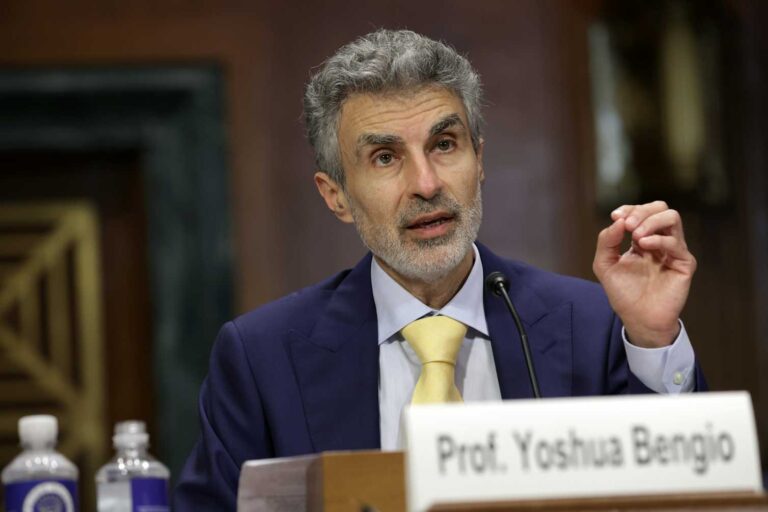The question of what it means to be “rich” is one that resonates deeply with many individuals, especially in today’s economically diverse landscape. The varying definitions of wealth often reflect personal aspirations, financial obligations, and the influences of the environment in which one lives. Through conversations and self-reflection, it becomes clear that subjective thoughts about wealth can vary greatly, shaped by lifestyle, location, and personal values.
The Complex Nature of Wealth
In an informal discussion revolving around the essence of feeling “rich,” a multitude of perspectives emerged, all with valid considerations. One participant noted that in a city famed for its high cost of living — such as Los Angeles — a monthly income of around $15,000 might be deemed sufficient to cover basic living expenses like rent and groceries. This highlights a crucial understanding: the geographical context matters immensely when determining financial comfort. In economically vibrant cities, salaries tend to rise, but so do expenses.
For instance, according to a 2023 report from the Economic Policy Institute, a family of four living in Los Angeles needs over $80,000 just to cover basic living costs. When rent prices soar and living expenses parallel, individuals may find that their definition of being rich becomes increasingly tied to their ability to simply maintain a comfortable lifestyle. Even a figure as high as $200,000 annually may seem barely sufficient when taking into account the myriad of expenses related to housing, childcare, and transportation in such metropolitan areas.
Financial Security Beyond Numbers
The sentiment that a million dollars in savings could create a sense of comfort underscores the aspiration for stability and security rather than an extravagant lifestyle. While some may argue that “rich” is a state of mind or a lifestyle choice defined beyond mere numbers, empirical data often reinforces that tangible assets foster not just comfort, but also peace of mind. Many individuals align the notion of wealth with freedom — the ability to travel, engage in leisure activities without financial worries, and support one’s loved ones without constraint.
Interestingly, the distinction between being rich and being wealthy often plays a key role in these conversations. One perspective articulated during the discussion recognized that being rich might imply having substantial funds immediately available — a prosperous bank account. In contrast, true wealth encapsulates long-term financial security, often designated by assets that can be passed down through generations. This generational wealth offers not just financial advantages, but also educational opportunities, community influence, and a significant safety net, presenting a broader implication of privilege.
Personal Values and Emotional Well-Being
The conversation took an enriching turn as participants began to explore the philosophical dimensions of wealth. One contributor emphasized that wealth is not solely a financial matter, but also a reflection of one’s mindset. “Rich is more of your lifestyle and what you appreciate,” they articulated. This echoes a growing sentiment in contemporary discourse around money: the recognition that satisfaction and fulfillment are not just about accumulation, but also about alignment with one’s values. Accordingly, individuals are increasingly prioritizing experiences over material possessions, reflecting a value shift among new generations who crave adventure, travel, and self-actualization.
Moreover, the rise of minimalism and mindfulness has propelled many to curate their lives around what brings them true joy rather than merely amassing wealth for wealth’s sake. Embracing a mindset of abundance — being grateful for what one already possesses — often leads to a more enriched life, regardless of one’s financial status. This idea aligns with numerous studies in positive psychology, which suggest that emotional well-being and a sense of purpose significantly contribute to one’s overall satisfaction in life.
Real-World Implications and Strategies to Create Wealth
- Budgeting: Establishing a clear budget helps individuals understand their cash flow, manage expenses, and prioritize savings. This financial discipline is crucial in high-cost areas where income must stretch further.
- Investing in Knowledge: Engaging in financial education can empower individuals to make informed decisions. There are myriad resources available, from books and online courses to podcasts focusing on personal finance.
- Diversifying Income Streams: Exploring side hustles or passive income opportunities, such as investing in real estate or participating in the gig economy, can fortify one’s financial position and add security against economic fluctuation.
- Networking and Building Relationships: Engaging with others in one’s field or interest area can open doors to opportunities that contribute to personal and financial growth. The power of connection can never be underestimated.
- Setting Financial Goals: Clearly defined short-term, medium-term, and long-term goals can serve as guiding beacons for financial success. Whether it’s saving for a home or planning for retirement, having goals maintains motivation and clarity.
In understanding the multifaceted concept of richness, it’s vital to recognize the interplay between financial security, emotional well-being, and the pursuit of experiences that yield joy. The desire to feel rich is intrinsically human, reflecting our collective longing for security, freedom, and fulfillment. In a world where monetary figures are often prioritized, the emphasis on mindset, values, and community integration presents a refreshing lens through which to view wealth. By balancing financial aspirations with personal fulfillment, individuals can define their version of richness and cultivate a life that resonates with their highest aspirations.



